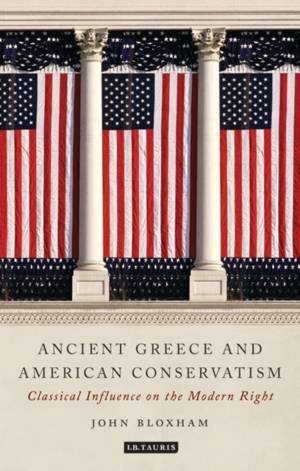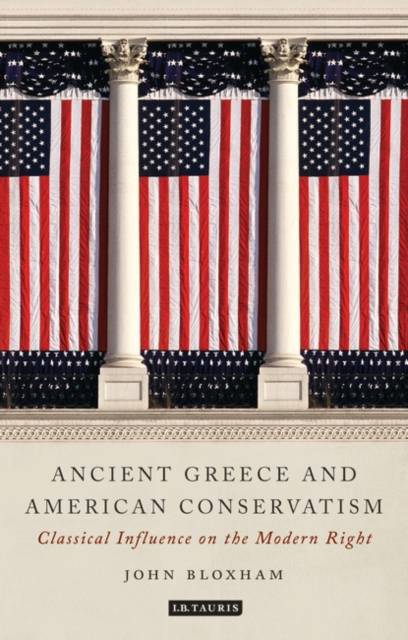
- Afhalen na 1 uur in een winkel met voorraad
- Gratis thuislevering in België vanaf € 30
- Ruim aanbod met 7 miljoen producten
- Afhalen na 1 uur in een winkel met voorraad
- Gratis thuislevering in België vanaf € 30
- Ruim aanbod met 7 miljoen producten
Omschrijving
US conservatives have repeatedly turned to classical Greece for inspiration and rhetorical power. In the 1950s they used Plato to defend moral absolutism; in the 1960s it was Aristotle as a means to develop a uniquely conservative social science; and then Thucydides helped to justify a more assertive foreign policy in the 1990s.
By tracing this phenomenon and analysing these, and various other, examples of selectivity, subversion and adaptation within their broader social and political contexts, John Bloxham here employs classical thought as a prism through which to explore competing strands in American conservatism. From the early years of the Cold War to the 2003 invasion of Iraq, Bloxham illuminates the depth of conservatives' engagement with Greece, the singular flexibility of Greek ideas and the varied and diverse ways that Greek thought has reinforced and invigorated conservatism. This innovative work of reception studies offers a richer understanding of the American Right and is important reading for classicists, modern US historians and political scientists alike.
Specificaties
Betrokkenen
- Auteur(s):
- Uitgeverij:
Inhoud
- Aantal bladzijden:
- 296
- Taal:
- Engels
- Reeks:
Eigenschappen
- Productcode (EAN):
- 9781350129429
- Verschijningsdatum:
- 19/09/2019
- Uitvoering:
- Paperback
- Formaat:
- Trade paperback (VS)
- Afmetingen:
- 140 mm x 216 mm
- Gewicht:
- 344 g

Alleen bij Standaard Boekhandel
Beoordelingen
We publiceren alleen reviews die voldoen aan de voorwaarden voor reviews. Bekijk onze voorwaarden voor reviews.







